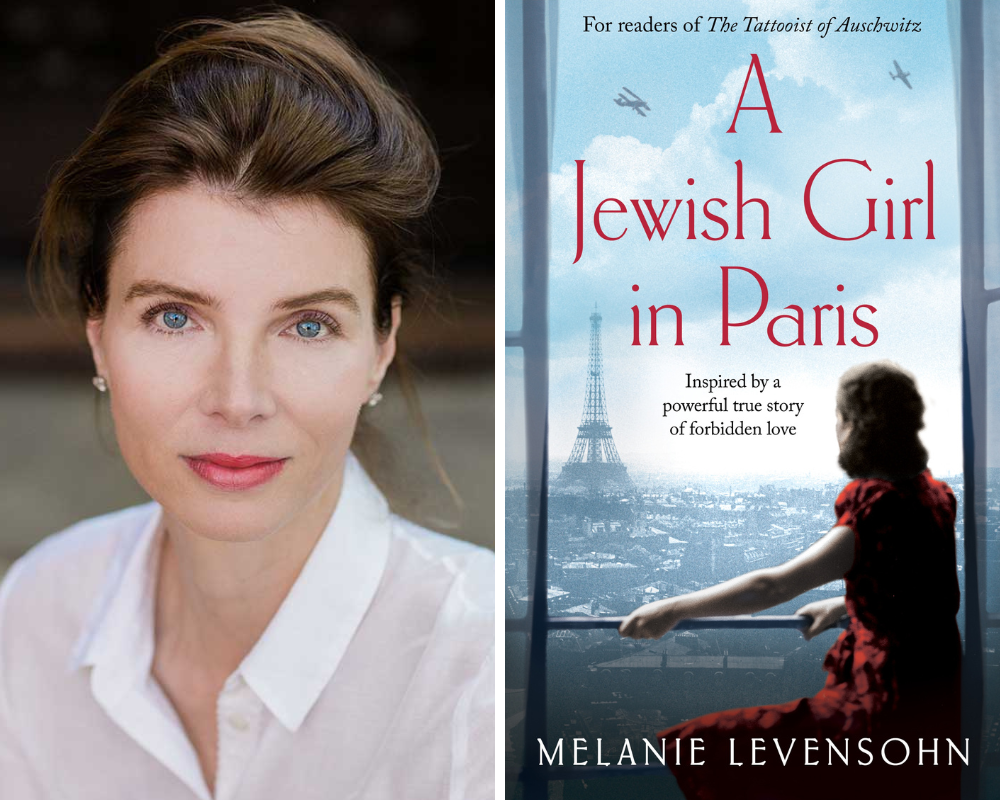From world banker to writer: Melanie Levensohn on how her life inspired her fiction

Fifteen years ago, I used to stare at a blank page on my computer screen, fantasizing about that wonderful day in my distant future when I’d bring to life the novel I felt existed in me. I saw myself tapping effortlessly on my keyboard, my head bursting with inspiration and brilliant ideas. But how to get from a blank screen to a page-turner with a captivating plot, interesting characters, and a satisfying ending? I had no idea.
Back then, I couldn’t have imagined how deeply and irreversibly writing fiction would change my life. I was wearing posh suits and spent my days as a spokesperson and communications expert at the imposing headquarters of the World Bank in Washington, DC. The World Bank is not a regular bank with individual and corporate customers. It is an international development organization, owned by 187 countries. Its role is to boost the economies of poorer member states by providing them with large scale financial and technical assistance. “Our dream is a world free of poverty” was featured on bright posters hanging in the Bank’s windowless meeting rooms. This noble mission inspired me to work extra hard to see the lasting change we all wanted to achieve so badly. To me, as a spokesperson, that meant serving as a voice for the poor and disadvantaged.
“But as is often the case, reality and high ideals don’t always match”, to quote a line from my debut novel, A Jewish Girl in Paris. A few years after joining this gigantic institution, I grew increasingly disillusioned with its equally gigantic bureaucracy, just as my protagonist, Béatrice: “Everything took forever, progress moved like an iceberg. She felt compelled to make a difference, but her job kept her out of touch with the lives of those she wanted to help the most.”
At the same time, my desire to write grew stronger, driven by a constant inner voice urging me to stop finding excuses and get started. But how? As I watched my colleagues during meetings, I began imagining them as characters in a fictitious story that was yet unformed. Soon, the characters developed lives of their own – my unpopular former boss became a villain, involved in a political scandal. His secretary turned into a likable, chatty ally helping my protagonist, and a journalist I once met morphed into a ruthless manipulator. Words and scenes emerged; I even wrote a few pages. But it took me another five years – meeting and marrying the love of my life, leaving the World Bank and moving to California – before I could finally follow my inner calling and write.
Since then, I’ve been living the fulfilling double life of an author – constantly shifting between my own reality and the imagined ones of my protagonists. Posh suits and meetings are a thing of the past. So are blank screens, PowerPoints, and professional frustration. But my time at the World Bank wasn’t a waste. On the contrary: as a writer, I draw every day from that experience. Having lived and worked in some of the poorest places of the world, including war zones and countries in crisis, greatly defined the central themes across my fiction: inequality, social injustice, and the resulting conflicts between rich and poor. The World Bank has filled my writing with substance and meaning.
At last, I’m able to give a voice to those who cannot speak for themselves. A voice that is honest and passionate. My voice.
A Jewish Girl in Paris is published by Pan Macmillan on 4 August 2022



